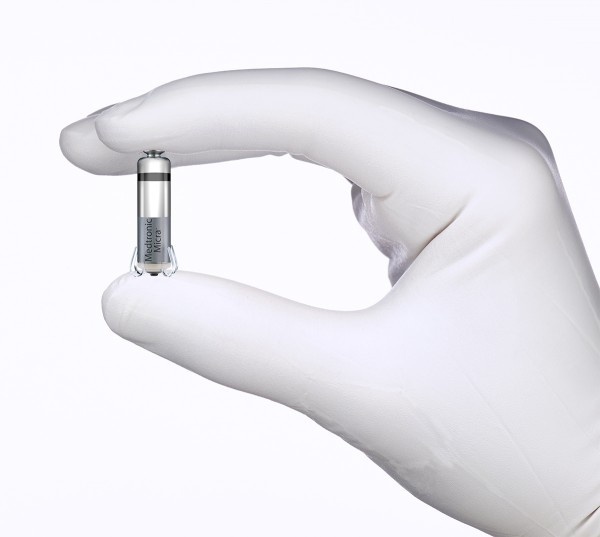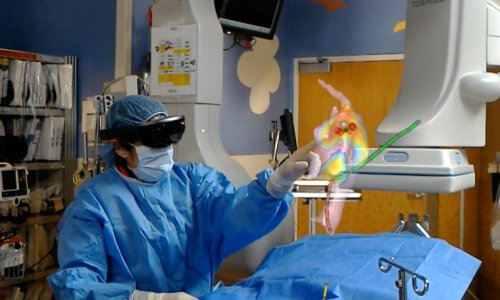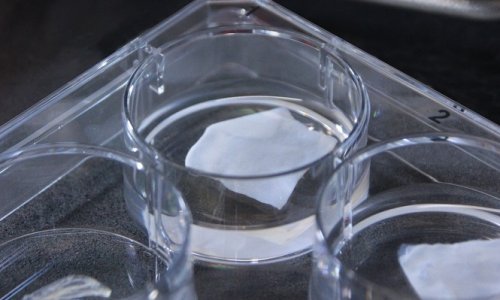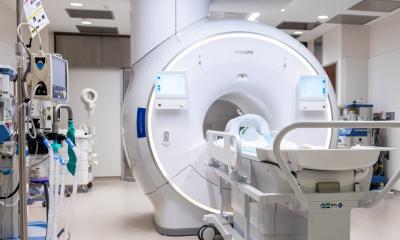
News • Micra TPS
The world’s smallest pacemaker
Jersey Shore University Medical Center, part of Meridian CardioVascular Network, is the first hospital in New Jersey to implant the Micra® Transcatheter Pacing System (TPS) – the world’s smallest pacemaker – since the device gained U.S. Food and Drug Administration (FDA) approval in April 2016.
Micra TPS is a new type of heart device that treats patients with bradycardia, a common heart condition characterized by a slow or irregular heart rhythm.
Procedures with the advanced pacing technology were performed at Jersey Shore by electrophysiologists Edmund Karam, M.D. and Mark Mascarenhas, M.D. to treat multiple patients with bradycardia. People with bradycardia usually experience fewer than 60 beats per minute. At this rate, the heart is unable to pump enough oxygen-rich blood to the body during normal activity or exercise, causing dizziness, fatigue, shortness of breath or fainting spells. Pacemakers are the most common way to treat bradycardia to help restore the heart's normal rhythm and relieve symptoms by sending electrical impulses to the heart to increase the heart rate.
At one-tenth the size of a traditional pacemaker, Micra TPS is the only leadless pacemaker approved for use in the U.S. The minimally-invasive procedure takes less than an hour, and unlike traditional pacemakers – is not visible.
Comparable in size to a large vitamin, the device does not require cardiac wires (leads) or a surgical “pocket” under the skin to deliver a pacing therapy. Instead, the device is small enough to be delivered through a catheter and implanted directly into the heart with small tines, providing a safe alternative to conventional pacemakers. It also automatically adjusts pacing therapy based on a patient’s activity levels. For patients who need more than one heart device, the device has a unique feature that enables it to be permanently turned off so it can remain in the body and a new device can be implanted without risk of electrical interaction.
Source: Meridian Health
27.06.2016











